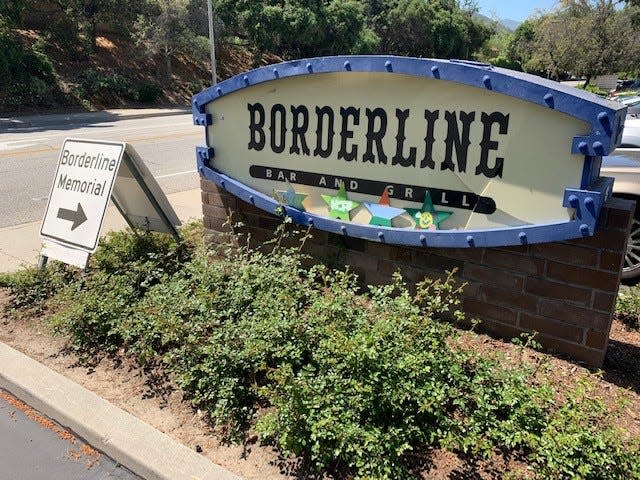California Supreme Court refuses to weigh in on Borderline records

The state Supreme Court has refused to review a court ruling that found public disclosure of autopsy reports for victims of the Borderline mass shooting is not barred despite privacy rights claimed by their families.
Families of the 11 civilian victims asked the high court to stop the release of the reports they fear would lead to painful disclosures about their relatives and how they died. The Star, the Los Angeles Times and the Associated Press requested the reports shortly after the mass shooting on Nov. 7, 2018, at the Borderline Bar & Grill in Thousand Oaks to shed light on what happened and why.
The high court disclosed Wednesday that it would not take up the case after the 2nd District Court of Appeal supported public access in a unanimous opinion in June. The appellate court ruled that privacy rights may properly factor into county officials' decision to withhold the records in whole or in part, but "do not nullify" rights to public access enshrined in the state Constitution and the California Public Records Act.
The act requires disclosure of government documents unless they are explicitly exempted, a privilege that generally has not applied to autopsy records.
Media attorney Kelly Aviles said the high court's decision means what her clients have been arguing all along: that the families have no legal basis to stop Ventura County officials from disclosing the reports.
They could be released some time after Sept. 8, when a court order expires that prohibited disclosure while the case was being being appealed to the state Supreme Court, she said.
The families could try to get relief from the U.S. Supreme Court based on a federal issue, but it's unknown if they will. One of their attorneys, Alice Loughran, declined comment Thursday on the next step or anything else about the decision until she contacts her clients. She said that could take some time because of the large number of family members involved in the case. The court record shows close to 20.
The California Supreme Court rarely agrees to review an appellate court ruling. Generally, the justices must find they need to act to secure uniformity of decision among the appellate courts or settle an important question of law.
The county previously released the autopsy reports for the shooter and Sgt. Ron Helus, the Ventura County sheriff's officer who was killed while trying to stop the violence. There was no court fight over those records as there was to shield them for the 11 customers and workers at the bar that night.
The high court's decision issued Wednesday is the last stop in the state court system for the families, said David Loy, legal counsel for the First Amendment Coalition, a California nonprofit that promotes open government and freedom of the press.
The appellate opinion did not say the county must disclose the records. It said the county is not prohibited from disclosing them, Loy said.
That opinion is not legally binding in other cases, but still protects the public's right to access about a matter of strong public concern, he said.
"A mass shooting is a matter of great public concern," he said. "Families have an understandable concern about privacy, but the court said it cannot trump the public's right to disclosure."
Kathleen Wilson covers courts, crime and local government for the Ventura County Star. Reach her at kathleen.wilson@vcstar.com or 805-437-0271.
This article originally appeared on Ventura County Star: California Supreme Court refuses to weigh in on Borderline records

